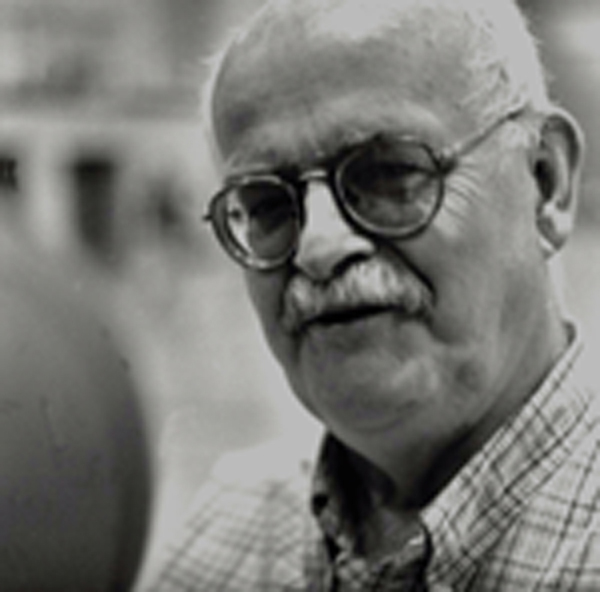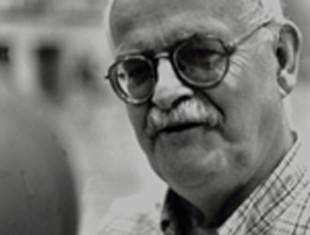TERRY MOSHER
A long time ago I came to the conclusion, as did others in the sports department of the Kitsap Sun that our local high school basketball teams don’t measure up when it comes to teams from other areas of the state.
At first, it was frustrating because in the early days when I first started writing sports in 1970 we rode the excitement of covering an East Bremerton High School team that finished second in state in 1972 and won back-to-back championships in 1973 and 1974 and then settled into the doldrums with the exception of 1983 when Chris Welp, a German exchange student, led the Olympic Trojans to a state title.
We had some excellent Bainbridge and North Kitsap girl’s teams as well as the Landram boys leading North Mason to state tournaments in the early years, but for the most part our teams here find it difficult to win when they step out of the area to face teams.
We use to have long discussions in the sports department in those early years on why that was that our teams didn’t fare well when they left the security of playing against other local teams, and we never really discovered why.
The best answer we could come up with is our isolation from the bigger metro areas – Seattle, Bellevue, Tacoma and Spokane – where the larger populations are centered and where there are many more high schools and many more gyms in which to train and improve the skill level.
That answer, though, doesn’t really answer the question. A larger population center is a big part of it, but also is coaching. Les Eathorne didn’t seem to have a problem winning and Larry Skogstad put North Mason on the map during his stint at the Belfair School.
Ken Wills was an incredible coach who put Bremerton athletics on the map. To be fair, though, he had much of his success during the war years when the population of the city exploded. He proved, though, he could still produce winners even with less population in the 1950s and into the early 1960s before he took his life with a shot heard throughout the state.
We have had some good coaches around here, and still do. But the coaching profession is not secure anymore with the persistence of one angry parent having the ability to disrupt programs and push coaches to quit.
And, trust me that is not the way it was when I was a young kid growing up (if I ever grew up). Coaches back in my day were the final authority figure and parents trusted them to be that. As a result, coaches stuck around for 110, 20 and even 30 years or longer.
But that is no longer true. Coaches don’t get paid enough to take too much heat, so they leave.
Also trust me, there are coaches who just seem to have it when it comes to building a program. Former Kingston coach Blake Conley was one of them. Conley left for Union High School in the Evergreen (Vancouver) School District and immediately had success. His Union Titans placed third in the 4A state tournament this year in only his second season there.
Guys like Conley, Eathorne and Wills are rare. So what makes them rare? That is the question that I haven’t really figured out, although I think I can come close.
I think that to be thought of as a successful coach you have to build from the ground up, which means you have to spend the time at the lower levels developing good relationships with people who coach at the pee wee, elementary and middle schools and with those who run select programs.
You have to want to learn, which means spending as much time as possible to attend coaching clinics. Former North Kitsap coach Jim Harney said he went to all the clinics and learned as much as possible from them.
You also have to have the personality that attracts people to you. Kids are good about discovering what is phony and what is not phony. They know if a coach is sincere and really cares about them. Those coaches who do really care about their players are able to get the most from them. They can get their players to do things they didn’t think they could do.
So caring for real is extremely important. I know I had a coach, Chuck Miller, who I still think about it and it’s over 60 years later. Miller moved on to a school near Rochester, N.Y. from my old hometown of Portville after the 1955 school year, and I have lost track of him. I don’t know if he is still living, but in my mind he is. Although to be honest, I’m still mad at him for calling a foul on me during a scrimmage. I made a clean block on the play, and while I didn’t protest the call (remember coaches were the ultimate authority back then), I still am upset that he made the wrong call.
But Miller really cared about us. And it shows on the way I still think of him.
To be successful, a coach also has to have a problem of rules and those rules must come with a set of penalties for violating them. The worse thing a coach can do is to violate his own rules by not holding to them. It doesn’t matter if a player is averaging 30 points and 15 rebounds a game, if a rule is broken by him he must be penalized according to team rules. Kids will respect a coach who stands by his principals and his rules.
I believe, too, that a successful coach has to stress defense. I believe teams who play defense well will have the most success on the court. And you just can’t ask a player to play defense, a coach has to show them how.
Think about this. A team that can create a high number of turnovers also creates more scoring opportunities for the team. If I can coach a team so that we have 20 more possessions then our opponent, and we shoot 40 percent on those opportunities, that’s 16 to 24 additional points, depending on hitting twos or threes. You will win a lot more games if you get that.
A successful coach must be able to adopt his style to the type of players he had. Because a high school coach has to deal with what he is dealt, that means constantly adjusting your offensive and defensive style. If you don’t have the quickness to play man defense, you may have to go zone most of the time.
Jim Boeheim at Syracuse has exclusively used a zone defense and has had great success, although he’s in hot water now for NCAA violations.
A local guy who used zone almost exclusively was Dean Scherer when he coached at Bainbridge, and Dean had quite a bit of success, enough so that he’s in the Washington State Coaches Association Hall of Fame.
Enough of this. Maybe things will turn around one of these days and this area will be a hotbed for basketball talent and basketball coaches. I’m not going to hold my breath until that happens, however.
Be well pal.
Be Careful out there.
Have a great day.
You are loved.


